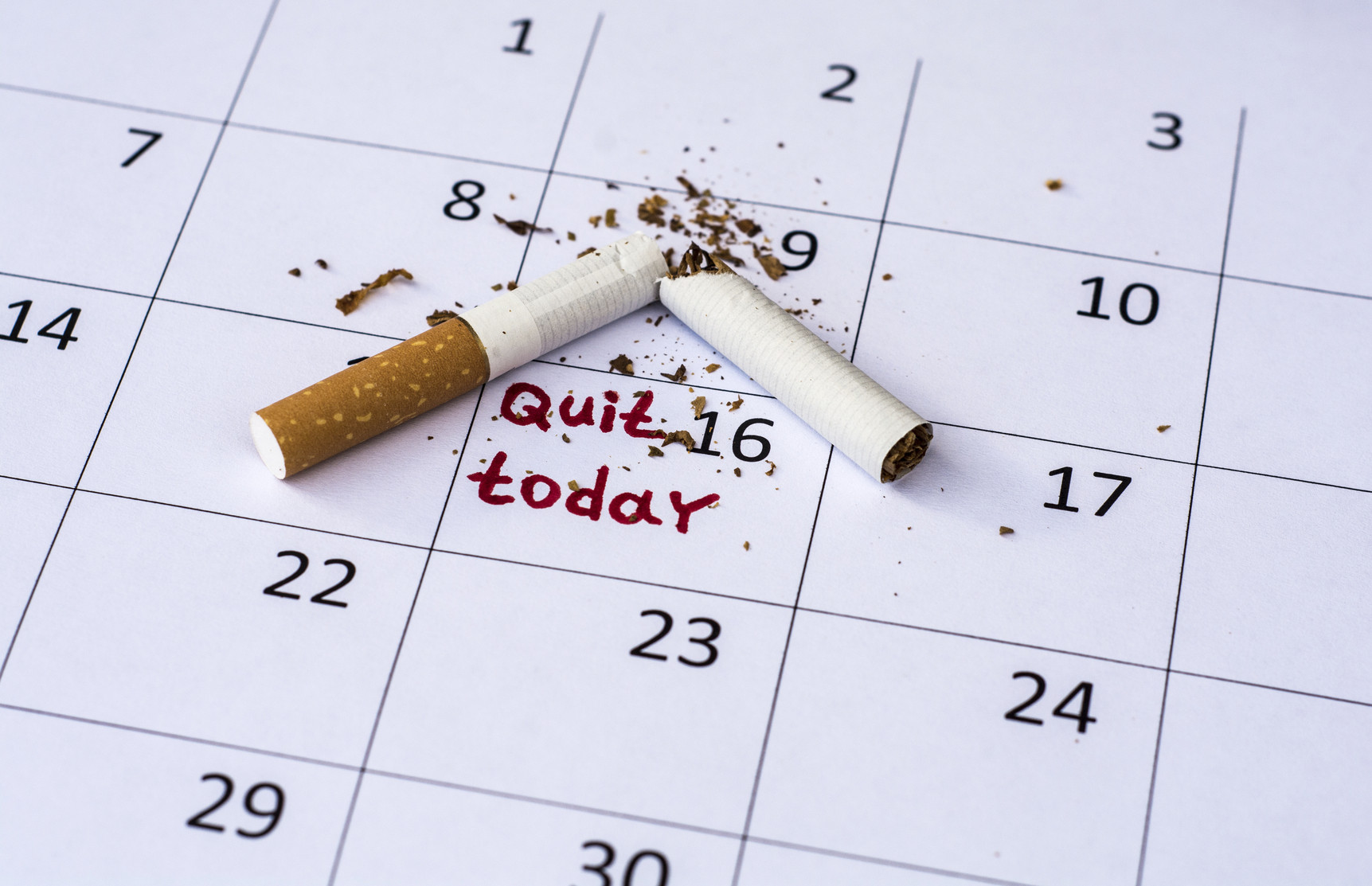Harvard Health Blog
Quitting smoking during the second half of the menstrual cycle may help women kick the habit

Follow me on twitter @hricciot
Nearly every woman will acknowledge that her menstrual cycle affects her mood and behavior. An estimated 85% of women experience premenstrual syndrome one to two weeks before her period, which may include moodiness, anxiety, irritability, or food cravings along with physical symptoms such as bloating and breast tenderness. Studies suggest that women are more likely to engage in addictive behaviors, such as cigarette smoking, in the first half of the menstrual cycle, that is the time between the start of your period and ovulation. The underlying reason is thought to be that the hormone estradiol (a form of estrogen) is higher in the first half of the menstrual cycle, and it promotes addictive behaviors such as smoking and relapse from quitting. In the second half of the menstrual cycle, the hormone progesterone is higher, and this protects against smoking and relapse.
Researchers at the Perelman School of Medicine at the University of Pennsylvania studied a group of women who wanted to quit smoking. They used a special type of MRI, called functional MRI (fMRI) to follow the activity in the parts of the brain that help control addictive behavior and tracked this activity throughout the course of the menstrual cycle. They found that in the first half of the menstrual cycle (the follicular phase, as the egg matures but before ovulation) there was less activity in brain regions that helps make good decisions and in the reward center. Conversely, these same regions of the brain were more active during the second half of the menstrual cycle. This finding suggests that women who smoke may be more successful at quitting if they set a quit date during the second half of their menstrual cycle when brain activity is more likely to support greater control over smoking-related urges and behaviors.
Smoking is the leading cause of preventable deaths in the United States. Women experience more severe health consequences from cigarette smoking compared to men – and find it harder to quit. If you are a woman and a smoker, work with your doctor to set a quit date, and discuss whether nicotine replacement, or medications that act on your brain to reduce nicotine cravings (varenicline (Chantix), bupropion (Wellbutrin) may help you with nicotine withdrawal and kick the habit (they double your chances of quitting). Be sure to have support to help you (hotlines, internet chats, smart phone apps, friend, nurse, doctor, or therapist) and a follow-up plan in place to check in, as all of these have been shown to help people stop smoking for for good.
About the Author

Hope Ricciotti, MD, Editor at Large, Harvard Women's Health Watch
Disclaimer:
As a service to our readers, Harvard Health Publishing provides access to our library of archived content. Please note the date of last review or update on all articles.
No content on this site, regardless of date, should ever be used as a substitute for direct medical advice from your doctor or other qualified clinician.















